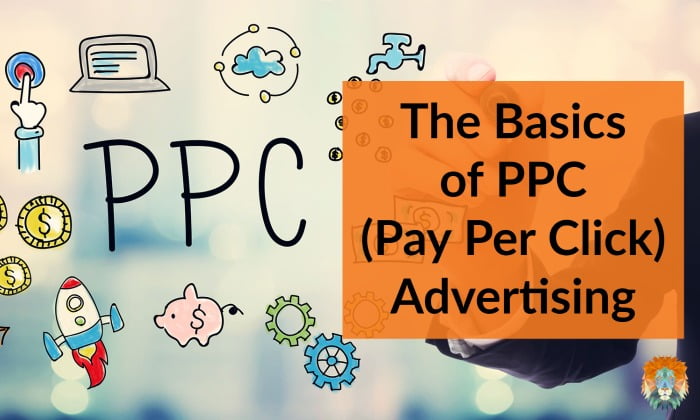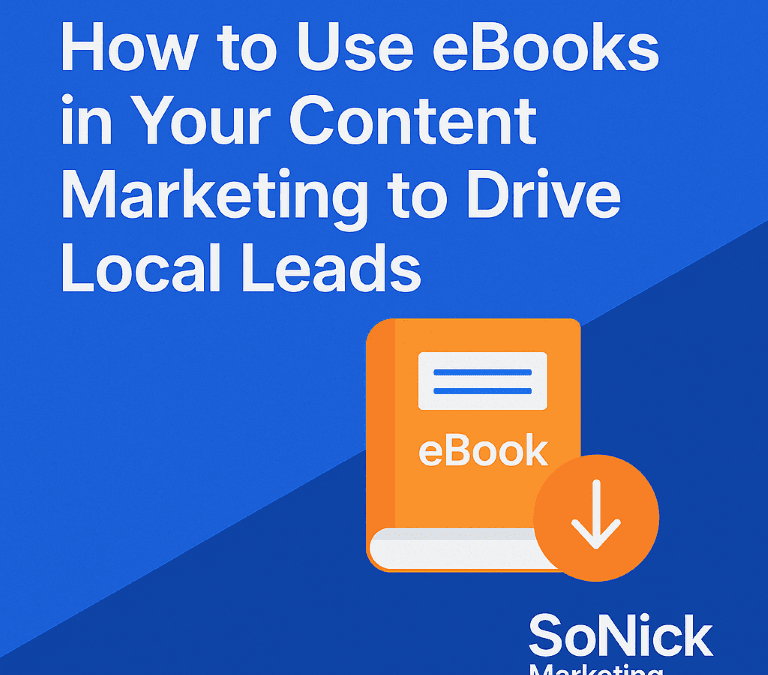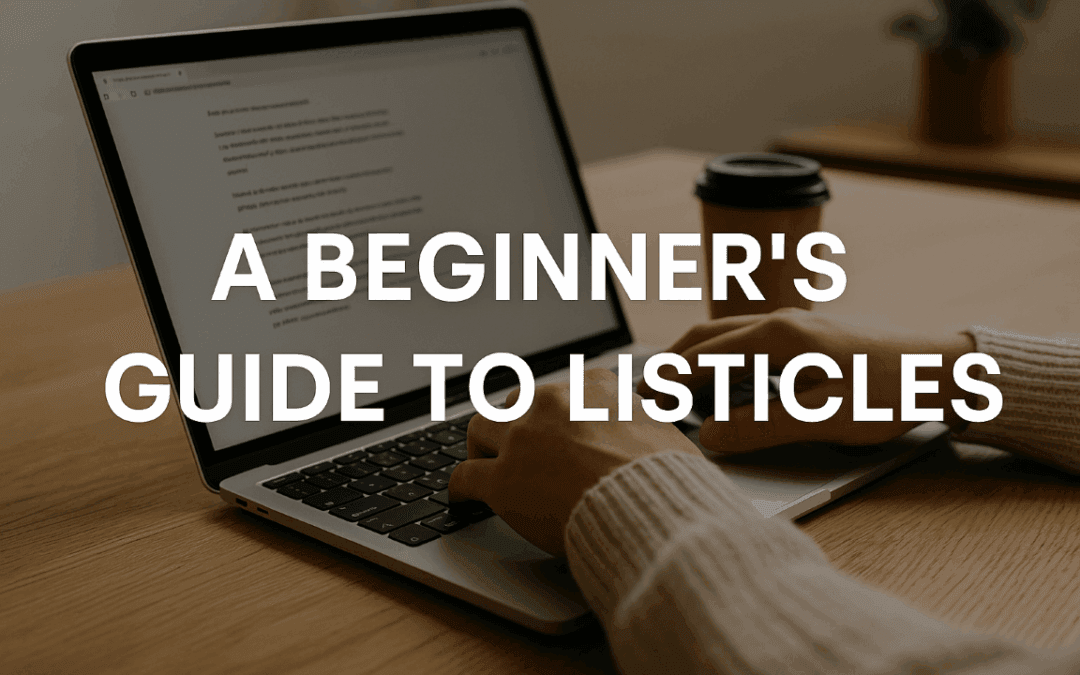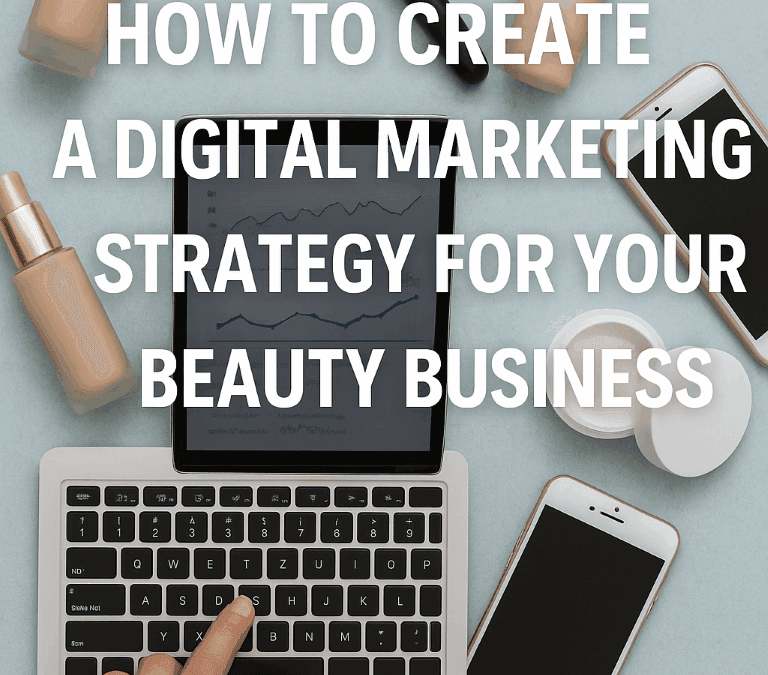If you’re new to the world of digital marketing, then PPC might seem like something of a dirty word. After all in a world where we crave authenticity, such direct marketing methods can feel a little out of place. But it shouldn’t be that way. In reality, PPC advertising is just another tool in the marketing workshop – one that, when used properly, can be very effective for your business. But what does it mean, how does it work, and is it the right tool for your business? Today, we’re going back to basics and diving into the world of PPC advertising.
What Is PPC (Pay Per Click) Advertising?
Before we get into how PPC can benefit your business, we need to understand what it is. PPC stands for Pay-Per-Click, and is a form of advertising mainly found on Google, but it does also extend to other platforms like Facebook. You set a budget for advertising on a platform, just like other forms of advertising, but instead of just paying for the exposure, you only pay for the clicks you receive. This makes it one of the most very cost-effective methods of advertising online.
Pay-Per-Click advertising can play a very important role in your business’s broader marketing campaigns. Whether you’re looking to increase awareness or drive traffic for a very specific or time-sensitive campaign. Because PPC ads appear in the top 4 results of Google, they are a great way of getting ahead of the competition or breaking into new geographic areas. However, PPC can be expensive, particularly if you’re in a very competitive market, and it can take a lot of time and energy to manage, so it shouldn’t be your only marketing approach. Instead, it should blend into your SEO and other marketing efforts, providing the beginning of a lead generation funnel for your business.
How Does PPC Advertising Work?
In order for your ads to appear alongside the organic search results in Google, you can’t just pay more to be featured at the top. Instead, you will need to select keywords for your ad that best reflect what you want to be found for. When those keywords are searched by users, your ad will go into something called an ‘ad auction’. This is a completely automated process that Google and all other major search engines use to determine which ads are shown to which searches.
They look at things like relevance and validity, and decides which ads to display. If your ad is chosen, it will be displayed in the top 4 results on Google, with a little green ‘Ad’ box underneath it to notify users that it’s an ad. At this stage, you’ve still not paid for anything. But when someone clicks on your ad, you will pay the current ‘Cost Per Click’ from your budget. Once your budget has run out, Google won’t display your ads until either the next day or you increase the budget. Generally, most PPC advertising will follow this format, with a few differences depending on the type of PPC campaign you choose. Speaking of which…
What are the types of PPC Advertising
There are a few different types of PPC advertising available for businesses, and while they all work on the same basic principles, there are some key differences.
Search Ads
Are the most common form of PPC and are the ads you see displayed on the front page of Google when you search for anything. They work in the exact way we mentioned above, and while they do take some tweaking, they often produce the best ROI.
Local Search Ads
These are not quite a separate type of ad, but more of a subset of the standard search ads. These are more location-focused, and can target users searching for businesses or services near you using google maps. Just like search ads, they are charged on a cost-per-click basis.
Display Network ads
The Google Display Ad isn’t an exact pay-per-click model, but it is a very similar process and reaches a much broader audience. But instead of your ads appearing on Google, they can be displayed in media-rich format on over two million websites and 650,000 apps. It’s a streamlined setup process, with a very specific targeting tool and a variety of payment formats to suit any budget.
Pre-Roll Ads
Pre-roll ads are the most common form of a video ad, and the one I’m sure you’ve come across on an almost daily basis. When you go to watch a video on YouTube, the advert you see before the video begins is a pre-roll ad. They can be targeted by geolocation, native language, demographics, topics, and interests.
Remarketing/Retargetting ads
If you ever feel like you’ve been ‘followed’ by an ad – you’re probably right! Remarketing ads are shown when you’ve visited a website or store, and will showcase the products you viewed again and again, in the hopes that you will come back and buy. They can work on a search or display model and are priced by an automatic bidding system. They are a bit fiddly to set up, but get a fantastic click-through rate for product-based businesses.
Social PPC advertising
While Google Ads might have a further reach (around 98% of the web), paid social ads give you more control over who sees your ads. Social ads can be found on the big social platforms, including Facebook, Instagram, Twitter and LinkedIn. It’s a similar concept to Google ads but found on social media.
For many businesses, PPC seems like some big scary thing, too expensive or time-consuming for them to get into. Or else something that only the big brands get involved in. But the truth is, PPC ads can be hugely beneficial to smaller businesses struggling to be found over bigger competitors. PPC ads can give you a huge advantage, getting your brand name seen ahead of others in search results and increasing awareness. And it’s not as scary as it seems! With our help, PPC advertising can be as simple as 1,2,3. At Lion Spirit Media, we use PPC advertising as a key part of our Paid Ads Management service and can be used in conjunction with our SEO service, helping you be found online and showcase your business at its best. Our experts can help your find your ROAR, and amplify it through PPC. If you’d like to find out more, just get in touch with the team to book your free consultation.





0 Comments